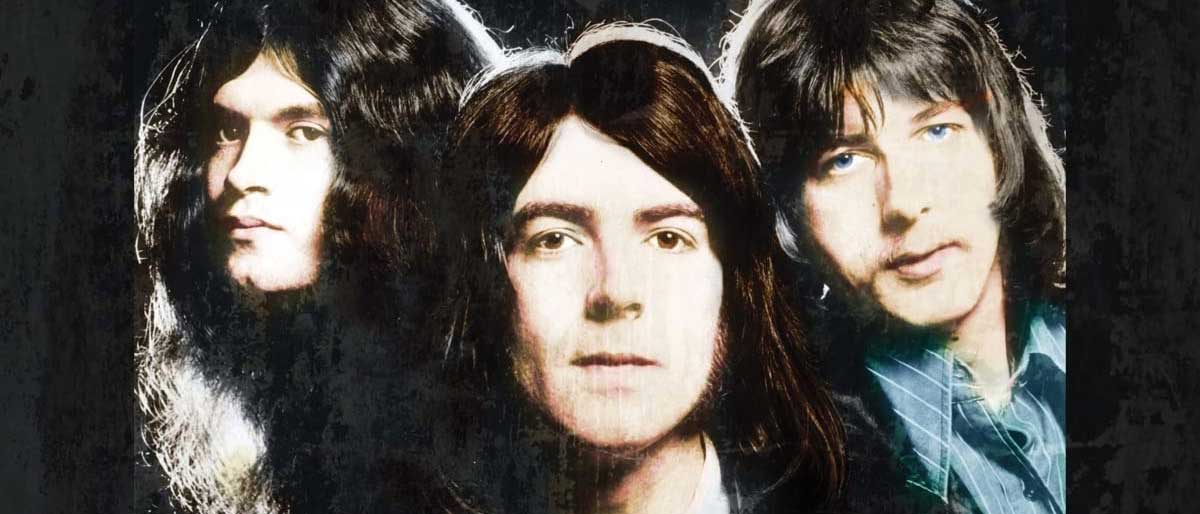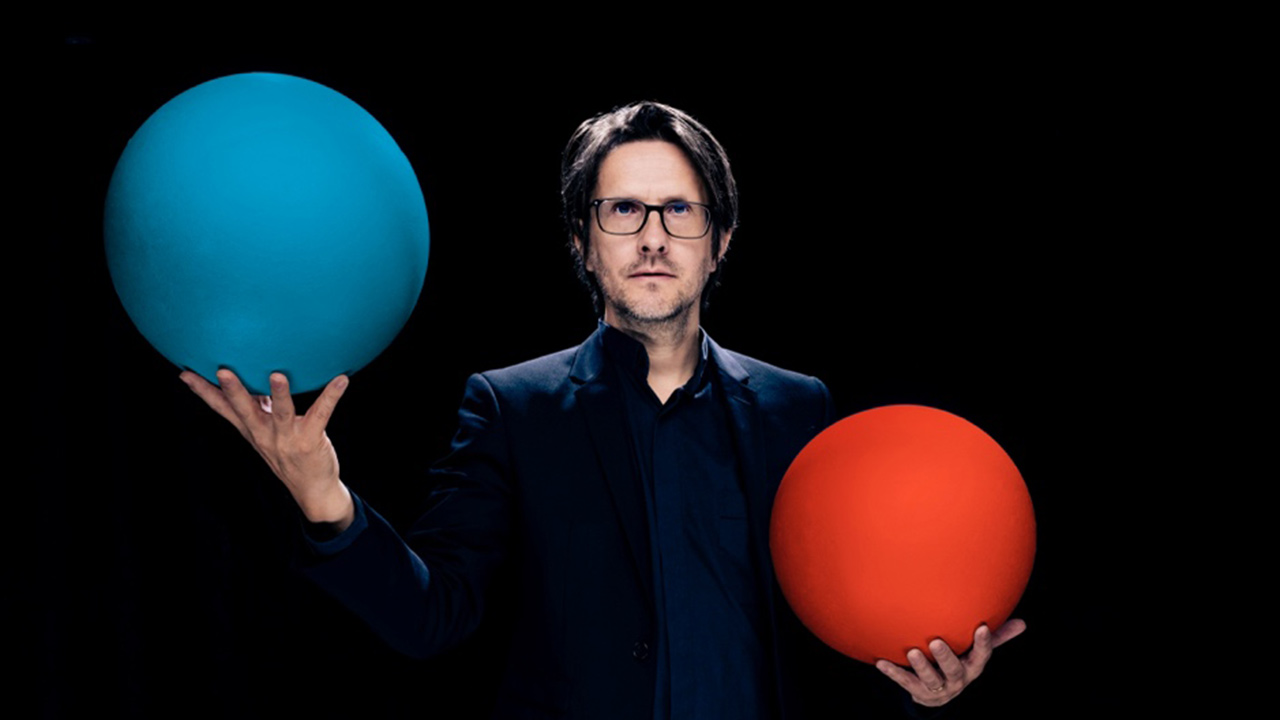You can trust Louder
Classic Rock album reviews are in danger of doubling up as obituaries these days. In the case of Midlands rockers Trapeze, two of the band’s three core members are no longer with us: guitarist Mel Galley, later of Whitesnake, died in 2008, while disgraced future Judas Priest drummer Dave Holland passed in 2018. That leaves bassist/vocalist Glenn Hughes as the last man strutting (currently with the faintly ludicrous Dead Daisies).
Trapeze were discovered in the late 60s by the Moody Blues, who signed them to their Threshold label. A self-titled debut showed no hint of the slinky-hipped funk-o-beast the band would become; it sounds like a mutant Moodies, bizarre tracks such as The Giant’s Dead Hoorah! and Medley: Fairytale/ Verily Verily/Fairytale finding little favour with the fledgling prog community. Thankfully, second album Medusa showed a marked improvement.
Trapeze inexplicably became Big In Texas, and third album You Are The Music… We’re Just The Band is their love letter to the Lone Star State. It’s a glorious, celebratory record full of Eastman Color 70s sunshine.
Coast To Coast, Way Back To The Bone and the title track transport the listener back to a time of wide-eyed rock’n’roll wonder. Rounded off by three discs of live tracks (including a poignant Hughes-Galley-Holland ’92 reunion), Don’t Stop The Music is, to quote Norman Vaughan, a swingin’ collection.
Sign up below to get the latest from Classic Rock, plus exclusive special offers, direct to your inbox!
Geoff Barton is a British journalist who founded the heavy metal magazine Kerrang! and was an editor of Sounds music magazine. He specialised in covering rock music and helped popularise the new wave of British heavy metal (NWOBHM) after using the term for the first time (after editor Alan Lewis coined it) in the May 1979 issue of Sounds.


